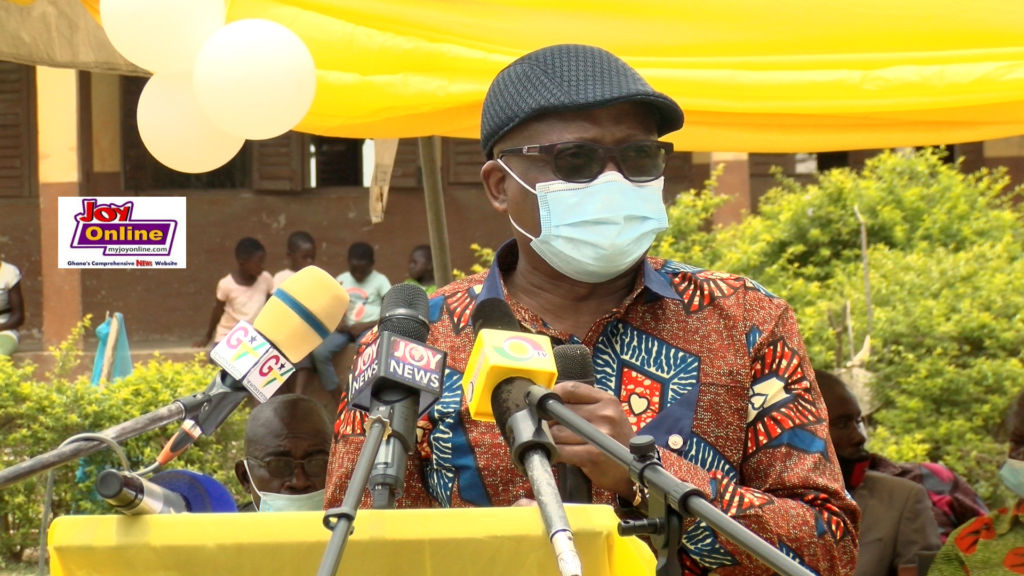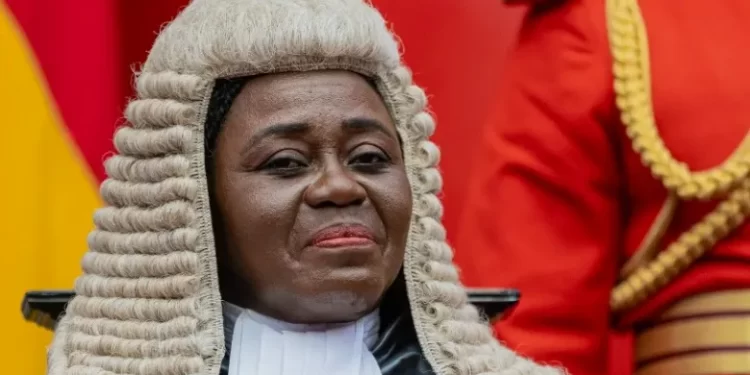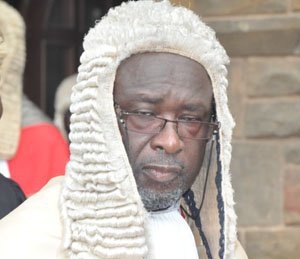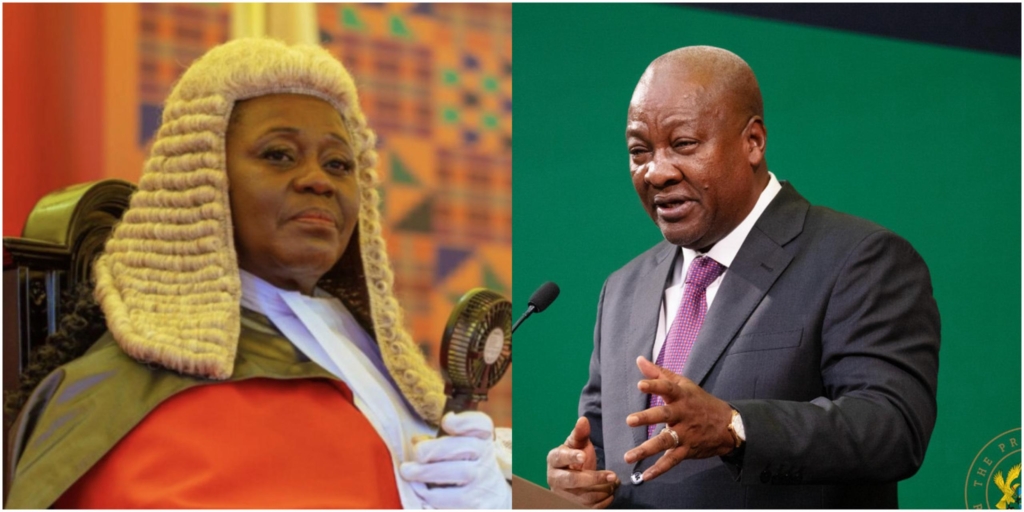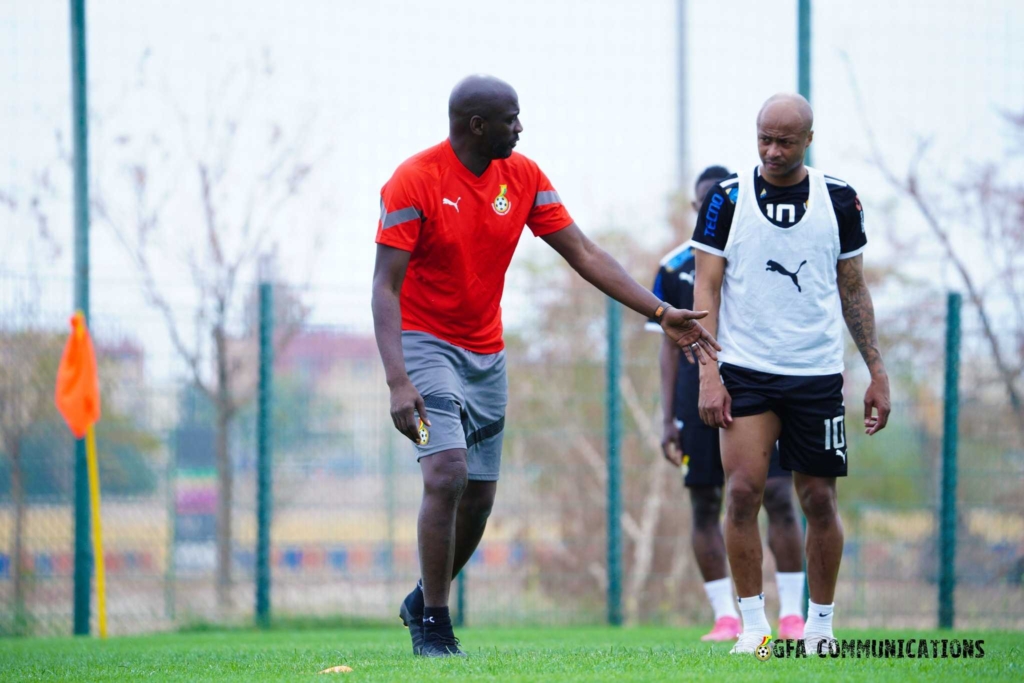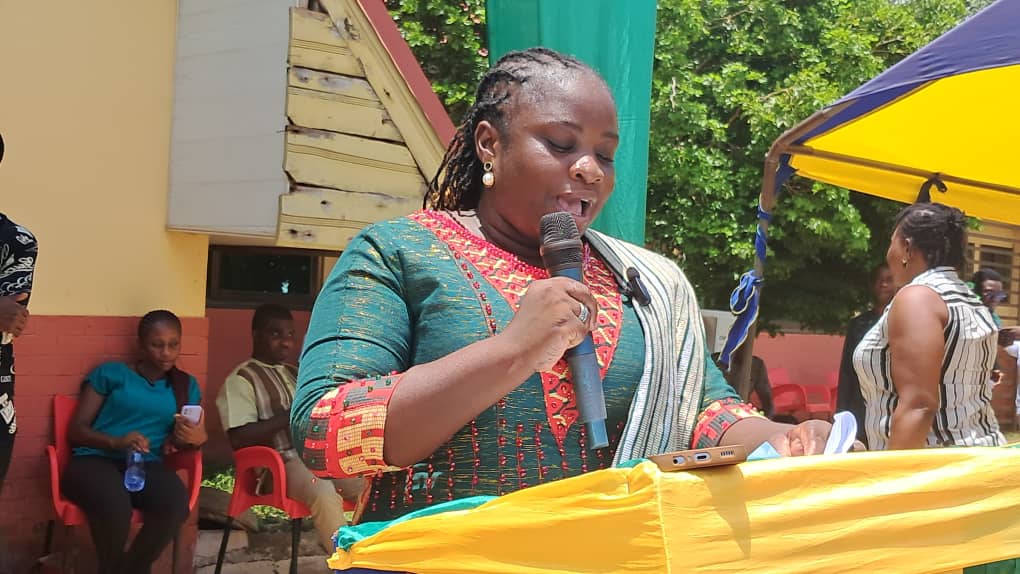Once upon a time — not too long ago — Ghanaian youth were seen as the torchbearers of hope, champions of change, and the digital prophets of a new dawn. Today, many of these same torchbearers have turned the torch into a flamethrower — scorching everything in sight, from elders to ethics to even common sense.
Yes, common sense — once common like kenkey and pepper — has now become so rare, it’s being hunted down like galamsey gold in the belly of the forest. What we have instead is a new species: uncommon sense — loud, angry, partisan, tribal, and occasionally dressed in slangs and keyboard mafia grammar.
Let’s begin the autopsy, shall we?
I. The Digital Megaphone: Freedom Gone Frenzied
Once upon a modem, Facebook and Twitter were for checking vibes, sharing inspirational quotes, and showing off your waakye from Auntie Muni. But now? Now, they are war zones where insults fly like sachet water at a political rally.
The Ghanaian youth, armed with 2GB of midnight data, suddenly transforms into a part-time lawyer, political analyst, traditional ruler, and full-time insult contractor. With WhatsApp, one becomes a chief editor of CNN, and with Photoshop, we manufacture “evidence” faster than ECG takes light.
“If the crab teaches its child to walk straight,” an old wise man said, “then the child is doomed.” Sadly, our digital mentors are TikTok influencers who think Kwame Nkrumah is a TikTok sound, not a historical figure.
II. Politicisation of Everything: From Galamsey to Gas Trouble
In Ghana, we politicise everything except the one thing that needs it most — accountability. Illegal mining? That one is not about destroying rivers, oh no. It’s whether you are NPP’s ‘Excavator Apostle’ or NDC’s ‘River Redeemer.’
And when a respected chief makes a statement about galamsey, we don’t ask, “Is he right?” We ask, “Who sent him?”
If tomorrow the sun fails to rise, Ghanaians won’t check the weather — they’ll ask which party is in power and whether it’s Mahama’s fault or Bawumia’s doing.
As for youth on social media, they have turned into serial callers without credit. Every issue is reduced to “Your party did worse!” or “Your father started it!” In fact, some debates are so petty, even lizards blink twice.
III. Tribalism Reloaded: Efo Kosi, Bobie Ansah, and Atia Frafra Enter the Chat
Once upon a compound house, Akan children and Ewe children fetched water from the same tap and shared the same ludo board. Now, tribal tension is an online sport.
A youth from the Volta Region speaks up, and suddenly you hear, “This is why they say Ewes…” Let a Northerner share an opinion, and someone replies, “These people paa…” As if Ghana was a jollof pot where each tribe is a separate grain of rice.
It’s tragic. Because our forefathers fought with colonialists, not each other. But today, the youth fight with keyboard cutlasses — slicing tribal ties with one savage tweet at a time. “When brothers fight,” the elders say, “a stranger inherits the land.”
IV. The Clout Chasers’ Republic
In Ghana today, fame is cheaper than a boiled egg. All you need is an outrageous statement, a fake story, or a viral dance and boom! — instant influencer.
The youth have mastered the art of going viral without value. They abuse, lie, provoke, and distort, all for 15 minutes of digital applause. One girl said she met Jesus in East Legon; another swore she saw Nana Addo jogging in Lapaz at midnight. True or false? Who cares? The retweets were sweet.
V. Economic Heat, Unemployment, and the Angry Typist
You can’t blame them entirely, though. A hungry man, they say, is an angry citizen. Youth unemployment is skyrocketing.
And so, the frustrations spill onto timelines. Jobless graduates curse MPs. SHS students insult ministers.
The youth are tired, broke, and bored. So they log on to X, find a trending hashtag, and release venom like a khebab seller fans charcoal.
VI. When Free Speech Becomes Verbal Violence
Of course, freedom of speech is enshrined in our Constitution. But freedom without discipline is like giving akpeteshie to a toddler. What we’re witnessing is not debate, but demolition. We insult pastors, professors, presidents, and even prophets with PhDs in disrespect.
One young man called a respected statesman a “chinchinga version of Mandela.” Another said his MP’s brain is on airplane mode. And for what? Retweets?
The same mouth we use to say grace is now used to curse elders. And yet, we wonder why blessings are scarce. “A child who doesn’t respect elders,” they say, “will never grow old enough to become one.”
VII. Restoring Sanity: Common Sense Needs a Comeback Tour
There is hope. There are youth-led platforms promoting debate without insults. There are digital creators teaching values, culture, and civic duties. There are new thinkers emerging, tired of this digital dumsor of wisdom.
We must encourage them. We must teach media literacy, not just on campuses, but in chop bars, barbershops, and on YouTube. Elders must stop behaving like retired trolls and mentor with wisdom. And youth must remember: trending is not the same as thinking.
Let’s use our keyboards to build, not break. Let’s channel anger into advocacy. Let’s make common sense common again.
Final Word: When the Chicken Starts Barking…
When chickens start barking and dogs begin laying eggs, know that uncommon sense has taken over the land.
But not all hope is lost. If we can farm in desert lands and win Afcon in our dreams, then surely we can restore decency to our national discourse.
The youth of Ghana are not the problem. They are the possibility. But the time has come to log out of pettiness and log into purpose.
For, as our elders say: “Even when the fool speaks, the wise must listen — if only to learn what not to say.”
DISCLAIMER: The Views, Comments, Opinions, Contributions and Statements made by Readers and Contributors on this platform do not necessarily represent the views or policy of Multimedia Group Limited.



